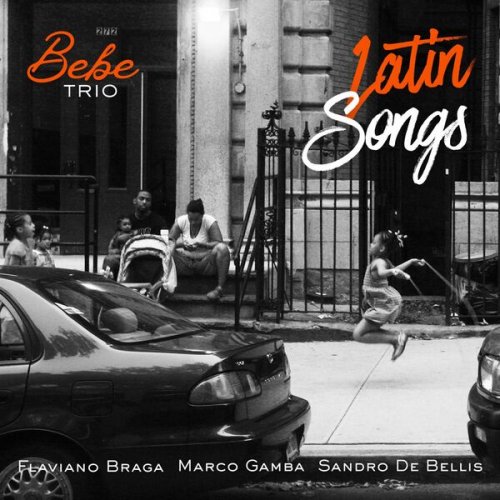James Ehnes, Andrew Armstrong - Béla Bartók: Works for Violin and Piano, Volume 2: Sonatas and Folk Dances (2013) CD-Rip
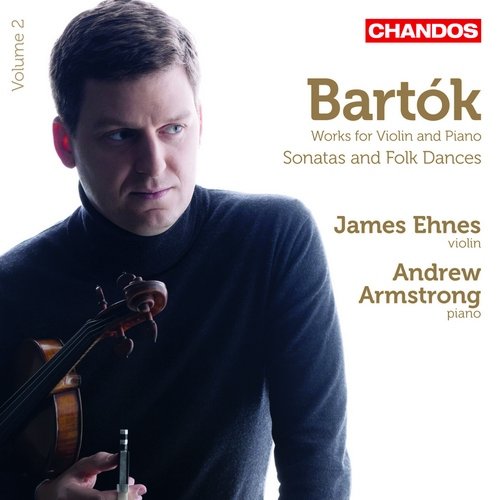
Artist: James Ehnes, Andrew Armstrong
Title: Béla Bartók: Works for Violin and Piano, Volume 2: Sonatas and Folk Dances
Year Of Release: 2013
Label: Chandos Records
Genre: Classical
Quality: FLAC (image+.cue,log,scans)
Total Time: 78:08
Total Size: 331 Mb
WebSite: Album Preview
Tracklist: Title: Béla Bartók: Works for Violin and Piano, Volume 2: Sonatas and Folk Dances
Year Of Release: 2013
Label: Chandos Records
Genre: Classical
Quality: FLAC (image+.cue,log,scans)
Total Time: 78:08
Total Size: 331 Mb
WebSite: Album Preview
Béla Bartók (1881 – 1945)
[1]–[4] Sonata for solo violin, BB 124 (1944)
[5]–[7] Sonata in E minor, BB 28 (1903)
[8]–[16] Hungarian Folksongs, BB 109 (1931)
[17]–[23] Hungarian Folk Tunes (1926 – 27)
[24]–[29] Romanian Folk Dances (1925 – 26)
Performers:
James Ehnes violin
Andrew Armstrong piano
Following his 2012 Chandos release of the numbered rhapsodies and sonatas of Béla Bartók, James Ehnes presents a second volume that presents the masterful Sonata for Solo Violin, BB 124, along with less significant works for violin and piano. The sonata was written in 1944 on a commission from Yehudi Menuhin, and as Bartók's last composition for the instrument, it reflects his accumulated knowledge of string writing and the organic development of ideas over his lifetime. Indeed, listeners familiar with the indispensable six string quartets and the Music for strings, percussion, and celesta may well recognize certain expressions, motives, forms, and techniques, as if this solo work in all its compression and austerity was actually a distillation or final working out of those works' essential material. After hearing this extraordinary piece, listeners may find the Sonata in E minor, BB 28, to be a bit of a let down. Composed in 1903, it is young man's music and rather more suggestive of the influence of Richard Strauss than of Bartók's maturity, though it is pleasurable in its fin de siècle languor and passion. The Hungarian Folksongs, BB 109, the Hungarian Folk Tunes, and the Romanian Folk Dances are Bartók's personalized arrangements of material he had gathered in his research of eastern European indigenous music, and there is much delightful artistry in them. Ehnes and his accompanist, Andrew Armstrong, are engaging and surprisingly competitive in these performances, and their playing makes even the briefest tracks worthwhile. But the highlight of the CD is still the solo sonata, where Ehnes truly shines.
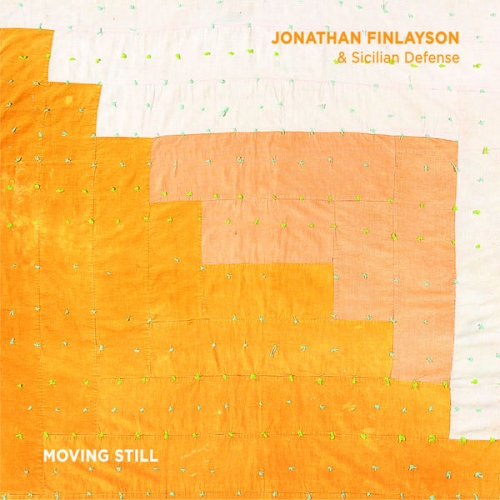
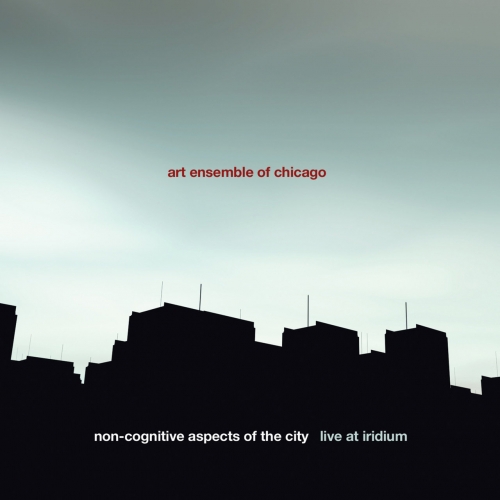


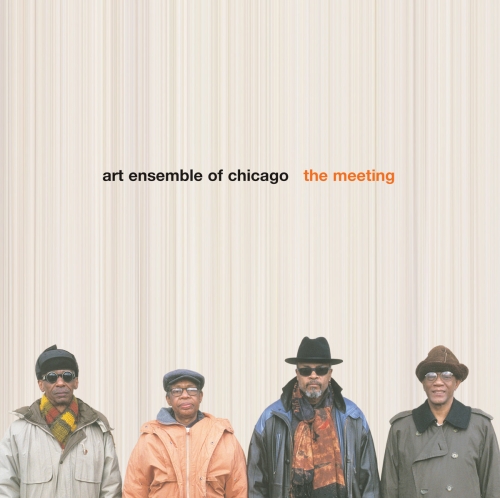
![Henry Threadgill, Ensemble Double Up - Old Locks and Irregular Verbs (2016) [Hi-Res] Henry Threadgill, Ensemble Double Up - Old Locks and Irregular Verbs (2016) [Hi-Res]](https://img.israbox.com/img/2026-01/11/p30x0pecr83e6f3do67qdh3yo.jpg)
